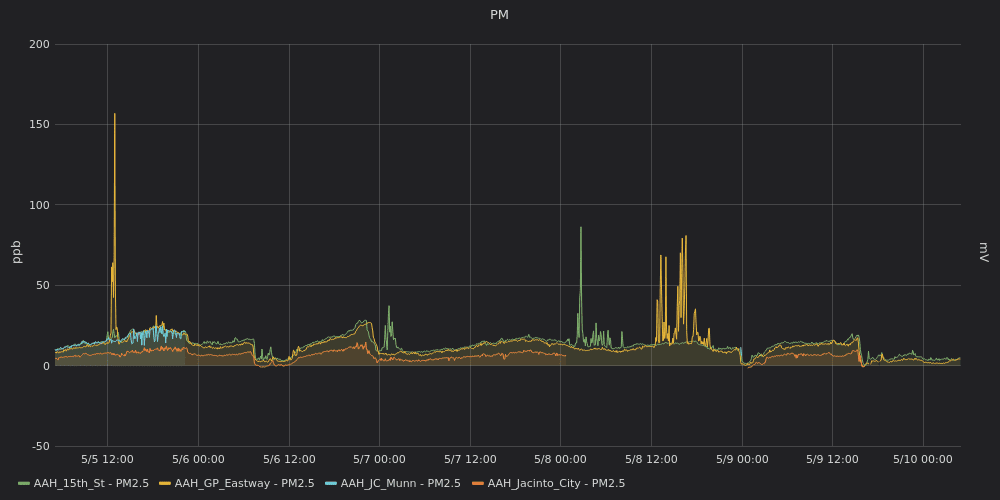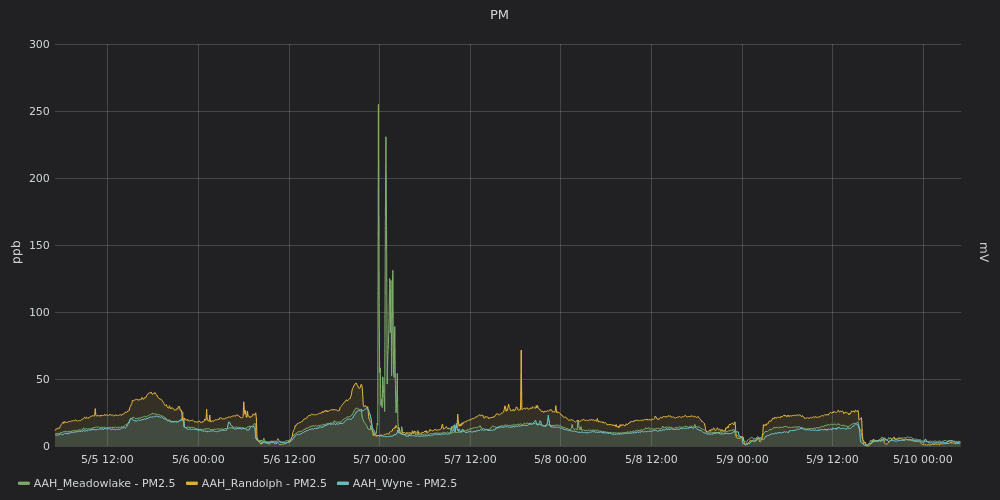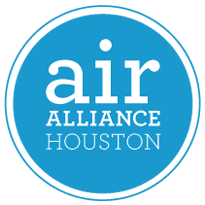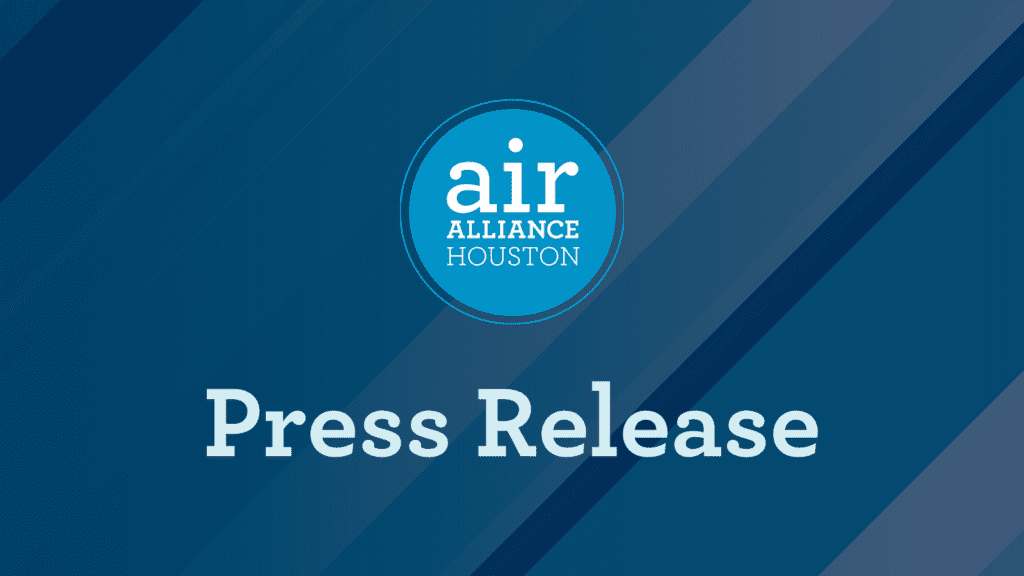Media contact: Cassandra Casados-Klein, 713.623.1457, [email protected]
Note: we cannot take interviews at this time, but please contact us to use sections of this statement or others previously posted. They will be linked to the bottom of this statement.
HOUSTON – Wednesday, data collected by the Texas Commission on Environmental Quality (TCEQ) around the recent Shell chemical fire was uploaded to their website with concerning results; meanwhile Shell’s emissions data will not be shared publicly for about 2 weeks from now.
TCEQ repeatedly declared there was “no danger to the community” from the air pollution released during the Shell Chemical Fire that burned for 70 hours last week. It then ended its emergency air monitoring response and left that responsibility to the facility. Shell has 2 weeks to release emissions data from the fire. A spokesperson from Shell has said they are monitoring for chemicals like benzene, 1,3-butadiene, hydrogen sulfide, carbon monoxide, sulfur dioxide, and flammable gas.
Air Alliance Houston had this to say in response:
“We have reviewed the air monitoring data that TCEQ collected around the Shell Chemical disaster, and we are concerned. The standards used to determine a potential level of concern lacked local context, and no analysis of the results is provided. Some chemicals did not have corresponding standards, and Particulate Matter, one of the most dangerous air pollutants, highly prevalent in smoke was not explicitly monitored at all.
This leaves community members in the dark about what they inhaled until the facility decides to release its own emissions data, in 2 weeks. That is 2 weeks too long to know what our communities have been breathing, especially with the unactionable data released by our state regulators. At this point, the community is being asked to simply take their word for it that the air is safe.”
Air Alliance Houston has community air monitors in Pasadena, Galena Park, and Jacinto City, in the direct wind path of the Shell fire. Those monitors showed clear and harmful spikes in Particulate Matter at the time of the disaster.
Community air monitoring of PM2.5 in Galena Park/Jacinto City

Community air monitoring of PM2.5 in Pasadena (near the Deer Park city line)

Air Alliance Houston’s Community Air Monitoring Program (CAMP) was born out of the need for more transparency from industry about the quality of the air in nearby neighborhoods in real-time. Events like that one at the Shell Chemical Plant and the lack of actionable air quality data is a good example of why programs like CAMP are essential to community members.
About Air Alliance Houston
Air Alliance Houston is a non-profit advocacy organization working to reduce the public health impacts from air pollution and advance environmental justice through applied research, education, and advocacy. For more information and resources, please visit www.airalliancehouston.org.
Previous statements on the Shell Deer Park explosion
- UPDATED Air Alliance Houston Responds to TCEQ Putting Air Monitoring in Industry Hands (May 10, 2023)
- UPDATED Air Alliance Houston Responses to Air Monitoring Reports (May 8, 2023)
- UPDATED Air Alliance Houston Responds to Statement by Shell on the Danger to the Community (May 6, 2023)
- Air Alliance Houston Statement on the Shell Chemical Plant Fire in Deer Park, Texas (May 5, 2023)

